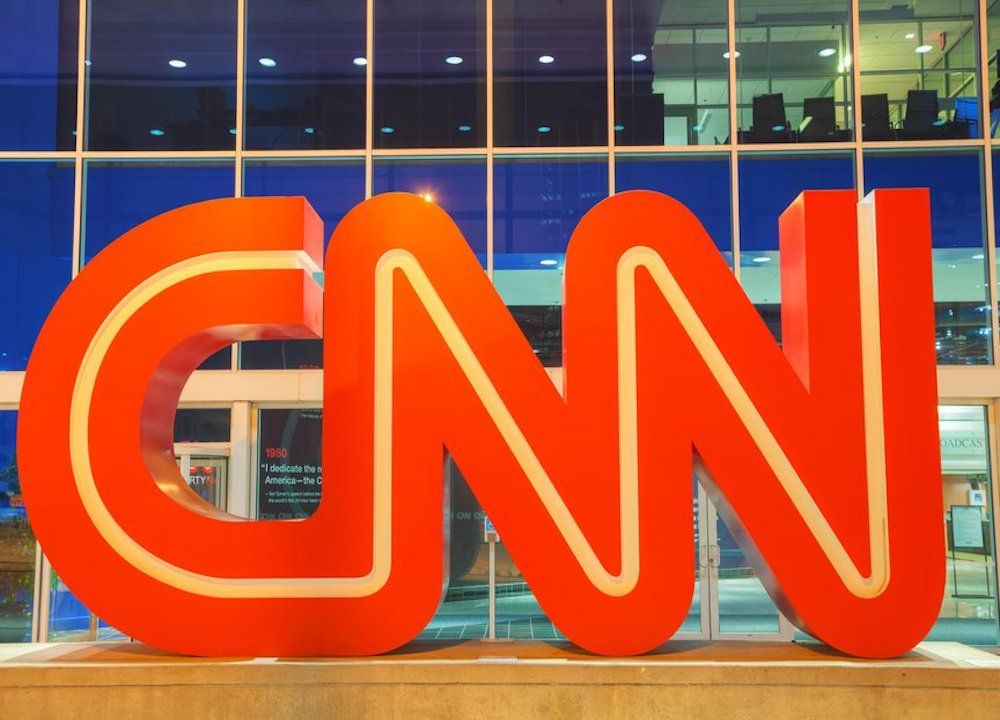CNN: Channel for hire?
Should CNN broadcast commercials promoting Bangladesh, considering the free fall in the government’s human rights and democratic record?

In December 2018, immediately after Bangladesh’s most recent national elections, the global US-based TV station, CNN, reported on claims of a rigged election, quoting human rights groups who alleged that the “repressive political environment in Bangladesh […] undermin[ed] the credibility of the process” and “authoritarian measures, including widespread surveillance and a crackdown on free speech [which] contributed to a widely described climate of fear.”
The next day CNN published a column written by Michael Kugelman from the Woodrow Wilson International Center for Scholars which spoke about, Awami League’s “systematic campaign to undercut the opposition, if not dismantle it altogether,” the likelihood of the election having been “stolen” and how Bangladesh is now “closely approximating a one-party state.”
Since then the human rights and democratic situation in Bangladesh has only deteriorated further. Although CNN itself has done very little further reporting, in March 2021, ten international human rights organisations issued a statement claiming that “Prime Minister Sheikh Hasina is […] leading an authoritarian administration plagued with corruption, election obstruction, violence, and repression of civic space.”
A few months earlier, a bipartisan group of US senators called for sanctions to be imposed on commanders of the country’s law enforcement agency, the Rapid Action Batallion (RAB) for “extrajudicial killings, enforced disappearances [and] torture.”
Despite this, in June, CNN’s international business wing signed a contract to re-brand the Bangladesh government through broadcasting on CNN “TV commercials, bespoke editorials, promo audiovisuals, [and] vignettes.”
This is a significant PR coup for an authoritarian government — to get one of the world’s most respected TV broadcasters to, in effect, promote the country’s business achievements while ignoring the country’s poor human rights and democratic record.
There is no doubt that in its 50th year, alongside the current government’s move towards a one-party state, Bangladesh has a positive development and economic story to tell and one can understand why its authoritarian government would want to seek further foreign investment.
But is it right for CNN to allow such a “one-party state” to pay it money in order to present a very singular and partisan image of the country, which in effect could be described as government propaganda? In today’s language, the question may be put in this way: Should Bangladesh be “cancelled” — stopped from being given this media space?
The terminology of “cancelling” is most often used in relation to the ostracisation of individuals who have opinions deemed by some grouping or the other to be beyond the pale and it is widely criticised by freedom of speech advocates as the process often results in the boycotting of people simply for their minority or dissenting views. But in this case, Bangladesh would not be cancelled because of its views, but because of the government’s actions. The argument is that CNN should not broadcast advertorials for an autocratic government which rigs elections, disappears its critics, commits extrajudicial killings, and imprisons its journalists.
The academic Mubashar Hasan has written recently about the key role played by government lobbyists and public relation agencies in “spin[ning] the image of autocracies as models of economic development and growth” which has the effect of “normali[sing] human rights violations.” This is exactly the role which CNN would be undertaking in relation to Bangladesh. As Hasan says, when this happens voices of “activists and victims of autocratic regimes” — in this case Bangladesh — are silenced and not given any platform.
In a statement, a CNN spokesperson told me: “As part of its global commercial operations, CNN works with many private and public sector advertisers worldwide. All campaigns adhere to strict regulations as well as CNN’s own standards and practices. Our editorial reporting remains separate and unaffected regardless of any commercial relationship.”
If CNN proceeds with this contract, given its claimed “separate and unaffected” editorial reporting, the broadcaster should allow as much time for reports on Bangladesh’s democratic and human rights situation as it gives to Bangladesh government’s promotional videos.●
David Bergman (@TheDavidBergman) — a journalist based in Britain — is Editor, English of Netra News.